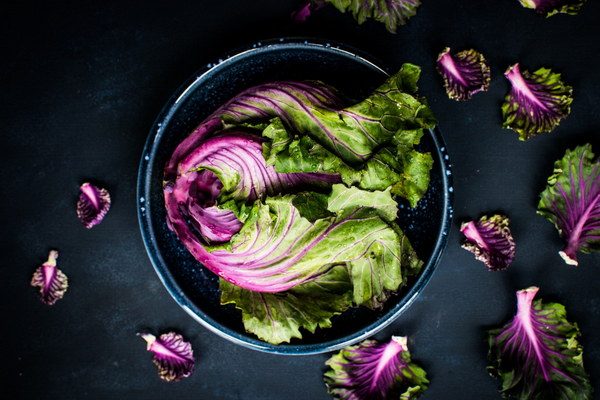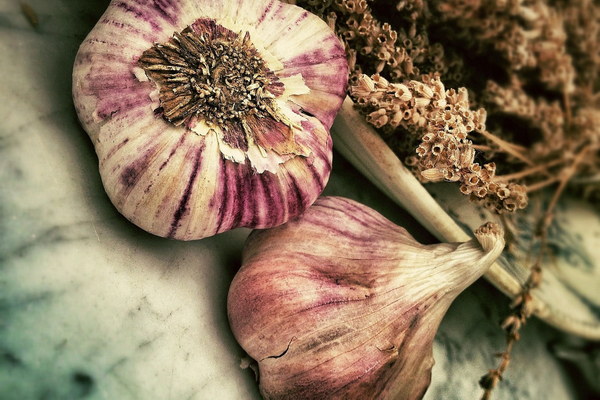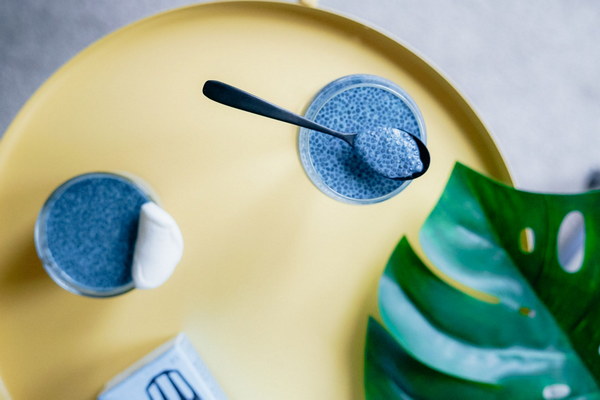The Origin and Significance of Qing Fei Po Hu Decoction A Traditional Chinese Medicine Wonder
In the realm of traditional Chinese medicine (TCM), the Qing Fei Po Hu Decoction holds a special place as a time-honored remedy for respiratory illnesses. This herbal concoction, with its rich history and profound healing properties, has been utilized for centuries to alleviate symptoms of lung-related disorders. Let's delve into the fascinating origins and significance of this remarkable herbal formula.
The Qing Fei Po Hu Decoction originated from the Shang Han Za Bing Lun (Treatise on Cold Damage and Exogenous Febrile Diseases), a classical text compiled by Zhang Zhongjing, a renowned physician of the Eastern Han Dynasty (25-220 AD). As the father of Chinese internal medicine, Zhang Zhongjing's work laid the foundation for the development of TCM, and the Qing Fei Po Hu Decoction is one of his most celebrated contributions.
The formula is designed to clear heat, resolve dampness, and drain phlegm from the lungs, making it an effective treatment for a variety of respiratory conditions, such as pneumonia, bronchitis, and asthma. The name Qing Fei translates to clear the lungs, while Po Hu means drain the dampness and phlegm.
The ingredients in the Qing Fei Po Hu Decoction include:
1. Ma Huang (Ephedra sinica): This herb is known for its ability to expel cold and relieve congestion, making it an excellent choice for treating respiratory ailments.
2. Zhi Bei Mu (Fritillaria thunbergii): This medicinal plant has a cooling and moistening effect on the lungs, helping to alleviate cough and expectoration.

3. Xing Ren (Aprium dulcium): Xing Ren is used to promote the dispersal of lung congestion and improve respiratory function.
4. Bai Zi Ren (Semen biotae): This herb helps to drain dampness and phlegm, thereby clearing the lungs and alleviating cough.
5. Zhi Ge (Fructus gardeniae): Zhi Ge is known for its ability to clear heat and resolve dampness, making it an essential ingredient in the formula.
The origins of the Qing Fei Po Hu Decoction are steeped in the ancient wisdom of TCM, with a focus on harmonizing the body's internal environment to promote healing. The formula's efficacy lies in its ability to target the root causes of respiratory disorders, rather than merely treating the symptoms.
Over the centuries, the Qing Fei Po Hu Decoction has been widely used and studied, with numerous clinical trials demonstrating its effectiveness in treating respiratory illnesses. In modern times, the formula has been adapted to include additional herbs, such as Gan Cao (Licorice Root) and Mu Xiang (Costus root), to enhance its therapeutic properties.
The significance of the Qing Fei Po Hu Decoction extends beyond its use in treating respiratory illnesses. It represents the time-honored tradition of TCM, which emphasizes the importance of balancing the body's Yin and Yang to maintain health and wellness. As the world continues to grapple with the challenges of modern medicine, the Qing Fei Po Hu Decoction serves as a testament to the enduring value of traditional Chinese herbal remedies.
In conclusion, the Qing Fei Po Hu Decoction is a remarkable example of the profound wisdom found in traditional Chinese medicine. With its origins dating back to the Han Dynasty, this formula has stood the test of time and continues to be a vital resource for treating respiratory illnesses. As we move forward, the Qing Fei Po Hu Decoction serves as a shining example of the power of ancient knowledge to heal and nurture the human body.









